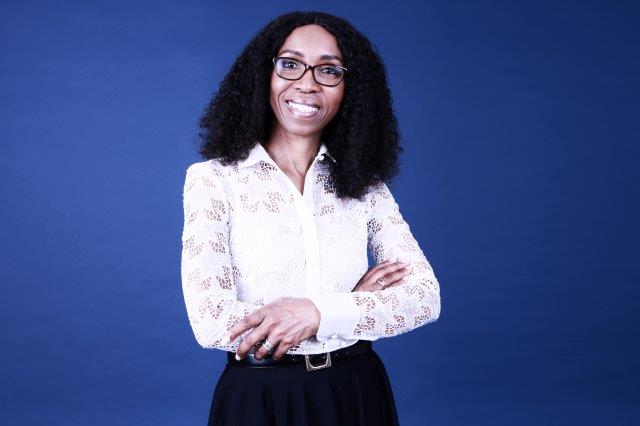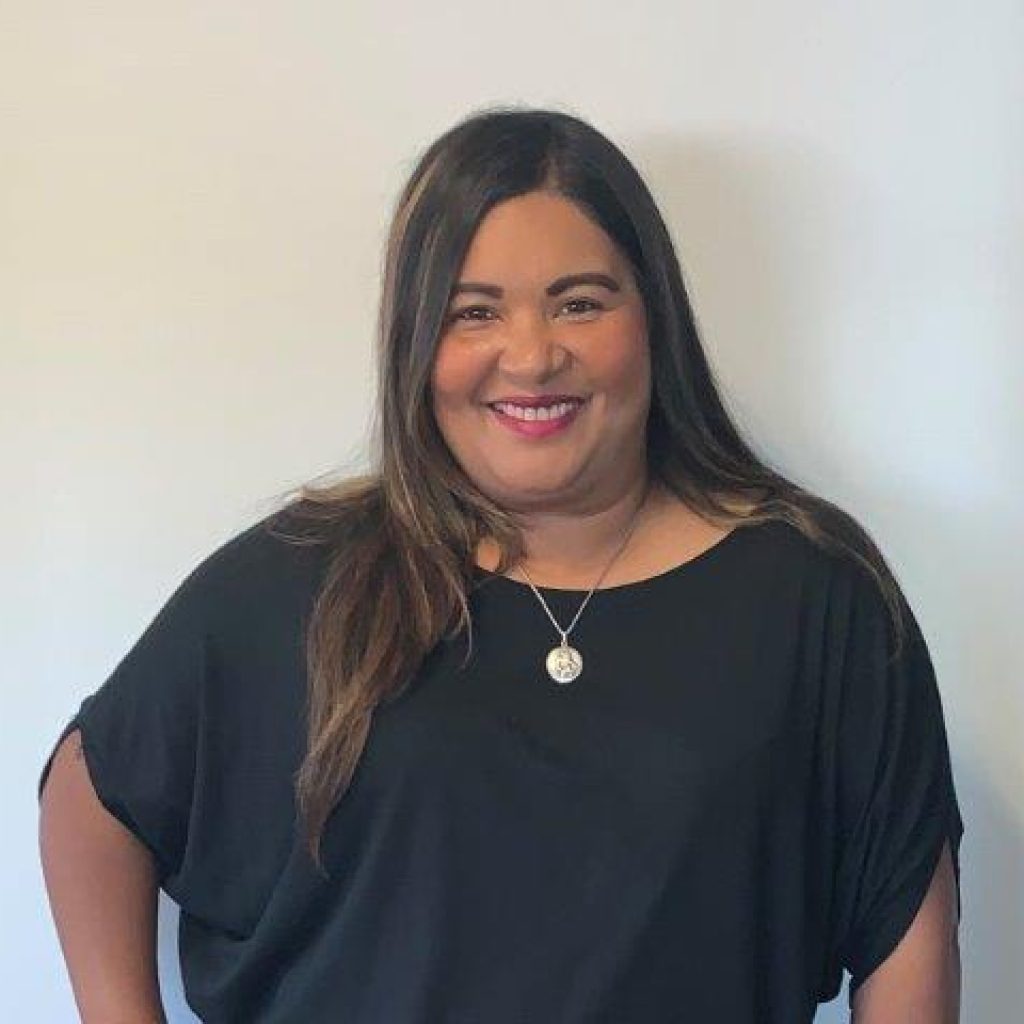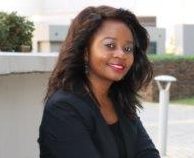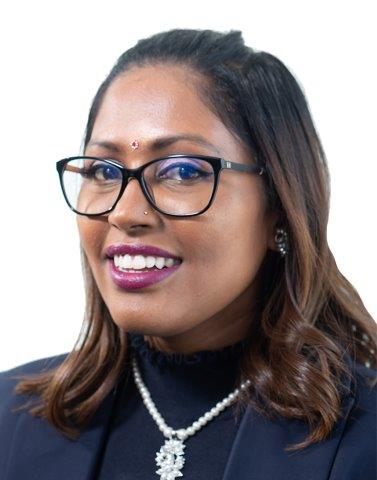
As South Africa pays tribute in the month of August to the 20 000 women who bravely protested against pass laws in 1956, it is a good opportunity to reflect on the progress made to empower and capacitate our women in society and the economy.
Despite some of the most progressive laws and policies that advance women’s rights and gender equality, we still experience disproportionate representation and reward of women in business, continued marginalisation from the formal economy, and endemic gender-based violence.
“At Zutari, we recognise that today, more than six decades later, there is still immense room for improvement. Every business in our country needs to play its part to not only fully transform, but to actively seek opportunities to build and support our women employees,” says Dr. Lulu Gwagwa, Chairperson of Zutari, formerly known as Aurecon. “We have a responsibility, now more than ever, to place diversity and inclusion at the core of our business operations.”
Giving Voice
Lisa Petersen, Diversity Equity & Inclusion (DEI) Partner at Zutari, adds that, as a society, we are too slow in closing the gender gap. “For us at Zutari, the race is on. Although we celebrate our women in August, actively promoting and driving a gender equality agenda is an ongoing focus.
“We realise that it is the deliberate inclusion of a host of different skills, backgrounds and dispositions that make us thrive as a business,” she says. “We always work as a team, as one. We allow space for each other’s differences, while building the trust needed to achieve shared goals.”

Senzekile Mdluli, B-BBEE and CSI Manager at Zutari, adds that addressing the inequalities of the past is another ‘pandemic’ that the country is dealing with. Due to the Covid-19 crisis, the South African economy is under severe pressure, which adds complexity to our ability to address this.

“Our biggest challenge lies in becoming a transformed and an empowered industry. This is not achievable overnight. It requires consistent effort, a series of interventions and commitment from the top to fast-track it.”
Senzekile has the following advice for women professionals: “Stop doubting yourself. Broaden your career opportunities and choices by studying further, learning new things and understanding your strengths and weaknesses. Focusing on my strengths has helped me be effective at my work and succeed at whatever I do. Be aware of your shortcomings, but don’t let it prevent you from becoming the best version of yourself.”
Tashna Margo, Technical Director at Zutari, feels transformational leadership and prioritisation of diversity are key business drivers. “Our mentorship programmes for women and structured career growth plans are key to unleashing the full potential of our female professionals.” She also feels strongly that qualified female professionals should be evaluated on merit and performance.

Patricia De Carvalho E Azevedo, Office Manager in Luanda, believes that funding education for women, especially for STEM careers, is critical to ensure better female representation in the engineering industry. Her message to her fellow women professionals is to always favour hard work as a means of being true to oneself. “Create a good balance between your private and professional life.”

Ushantha O’Donnell, PSH Commercial Lead, stresses that ongoing learning is key. “Keep learning. Never stop. Push yourself beyond your own comfort zone and take risks. We have the expertise; we just need to leverage it to upskill the women in our company. Tough times never last; tough people do.”

More news
- CELEBRATING EXCELLENCE IN THE RESIDENTIAL PROPERTY SECTOR
- PART 4: GIBS PANEL DISCUSSES INTEMEDIATE CITIES ROLE IN AFRICA’S DEVELOPMENT
- EXPOSED AGGREGATE PAVERS COMPLEMENT NEW LIFESTYLE CENTRE
- GIBS PANEL EXPLORES ROLE OF INTERMEDIATE CITIES IN SA’S DEVELOPMENT PART 3
- CITI-CON’S CONCRETE KNOWLEDGE SUCCESSFULLY DEPLOYED ON NEW LANDMARK DEVELOPMENT





